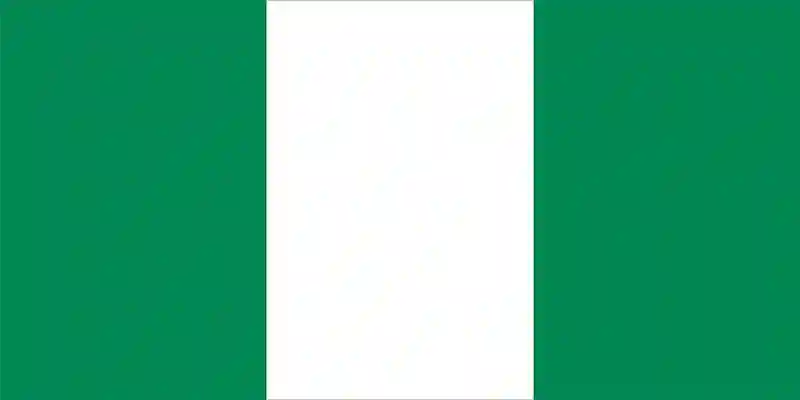Millions of Nigerians were expected to cast their votes on Saturday, 25 February 2023 in the most competitive presidential election since military rule ended.
BBC reported that since 1999, Africa’s most populous country has been dominated by two parties – the ruling Progressives Congress (APC) and the main opposition Peoples Democratic Party (PDP).
APC is represented by former Lagos governor Bola Tinubu (70), while former Vice-President Atiku Abubakar (76) is standing for the main opposition PDP.
There is also a strong challenge from a third-party candidate – the Labour Party’s Peter Obi (61), who is backed by many young people.
There are a total of 18 presidential candidates. Parliamentary elections are also taking place.
Reports indicate that election officials and voting material arrived late at some polling stations, including where Tinubu cast his ballot.
Voting machines also malfunctioned at some polling stations, with voters told to return later.
The period preceding the elections has been overshadowed by a cash shortage caused by a failed attempt to redesign the currency.
The new notes were introduced ahead of the elections in order to tackle inflation, and also vote-buying.
There is also high youth unemployment, and widespread insecurity which saw 10 000 killed last year.
A third of the 87 million eligible voters are below 35. In the previous election held in 2019, voter turnout was 35%.
A candidate needs to have the most votes and 25% of ballots cast in two-thirds of Nigeria’s 36 states to be declared the winner
If no one achieves that, there will be a run-off within 21 days – a first in Nigeria’s history.
Nigeria is Africa’s largest economy and as of 2021, its population was 213.4 million. Africa’s second most populous nation, Ethiopia, had 120.4 million people.

